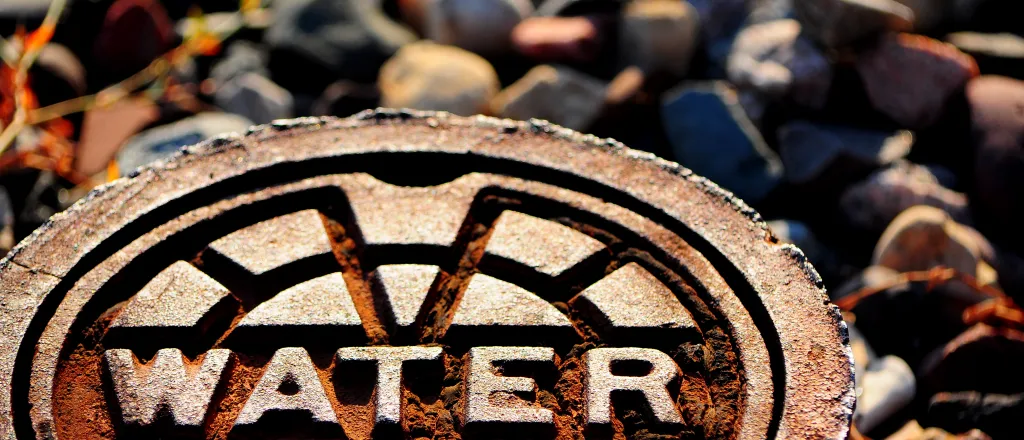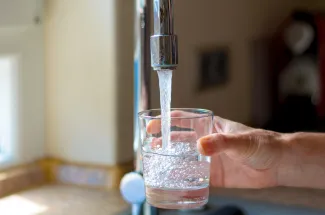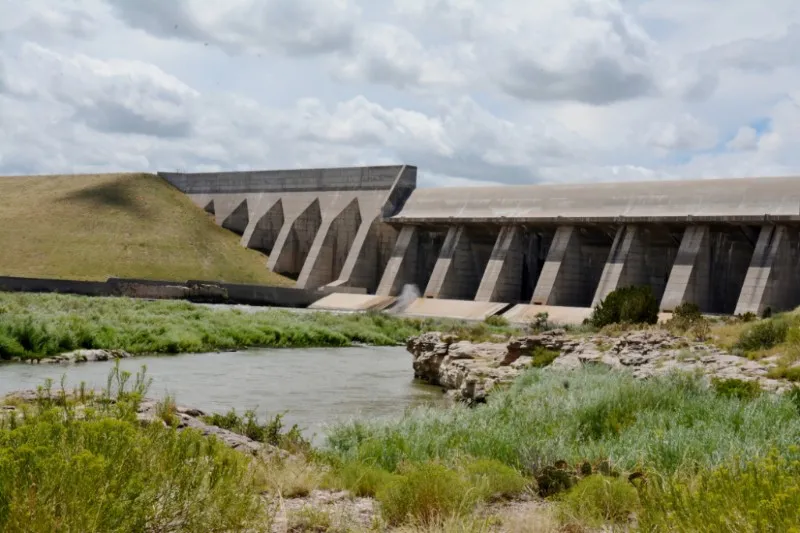
Feds set deadline to replace lead water pipes; schools excluded
© artzenter - iStock-509493427
Click play to listen to this article.
(Wyoming News Service) Groups that advocate for clean water are applauding the Environmental Protection Agency's new rule on replacing lead pipes - but they warn that the drinking water in Wyoming schools remains at risk.
The agency has set a 10-year deadline for most utilities to replace lead service lines, but omitted requirements for schools to replace the water fountains or plumbing that have lead components.

© mheim3011 - iStock-544332118
John Rumpler, clean-water director for the Environment America Research and Policy Center, said it's up to school superintendents and legislators to ensure students' water is safe.
"This final rule now dispels the illusion that the federal government is going to come and do the clean-water homework for the state," he said.
The Wyoming Department of Environmental Quality in 2021 offered a voluntary program, funded by the EPA, to test drinking water in state schools and child-care facilities. According to results published in February, of more than 250 tests, a dozen led to the start of remediation projects. Only three were completed.
Several decades after the dangers of lead pipes were established, more than nine million remain in use. The toxic metal is particularly dangerous for children and can lead to brain or nervous-system damage, delayed development and behavioral problems.
Rumpler said the EPA missed an opportunity to better protect students, although a growing number of states and cities are now requiring lead filtration systems.
"If you're a school district," he said, "consider doing what Philadelphia, San Diego, Detroit, Milwaukee and so many other school districts are doing voluntarily to get the lead out and ensure safe drinking water for kids."
To help rural towns and cities comply with the new rule, the EPA is making an additional $3 billion available through the Bipartisan Infrastructure Law. The measure initially provided $15 billion to help cities replace their lead pipes, but government officials estimate the total cost will be several times higher.
















